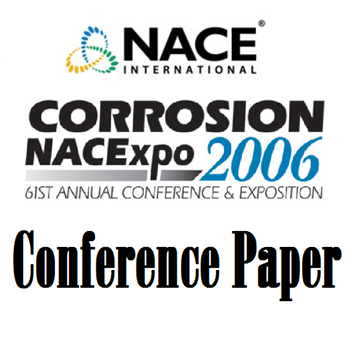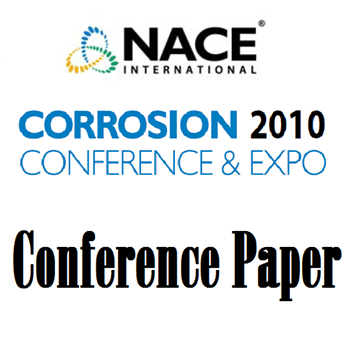Search
10308 Sour Service Limits of Dual-Certified 316/316L Austenitic Stainless Steel and Weldments
Also Purchased
06156 OPERATIONAL LIMITS FOR AUSTENITIC STAINLESS STEELS IN H2S-CONTAINING ENVIRONMENTS
Product Number:
51300-06156-SG
ISBN:
06156 2006 CP
$20.00
09079 Limits of Use of Low Alloy and Stainless Steels in Upstream Sour Environments
Product Number:
51300-09079-SG
ISBN:
09079 2009 CP
Publication Date:
2009
$20.00
10305 316 Stainless Steel Instrument Tubing in Marine Applications
Product Number:
51300-10305-SG
ISBN:
10305 2010 CP
Publication Date:
2010
$20.00




